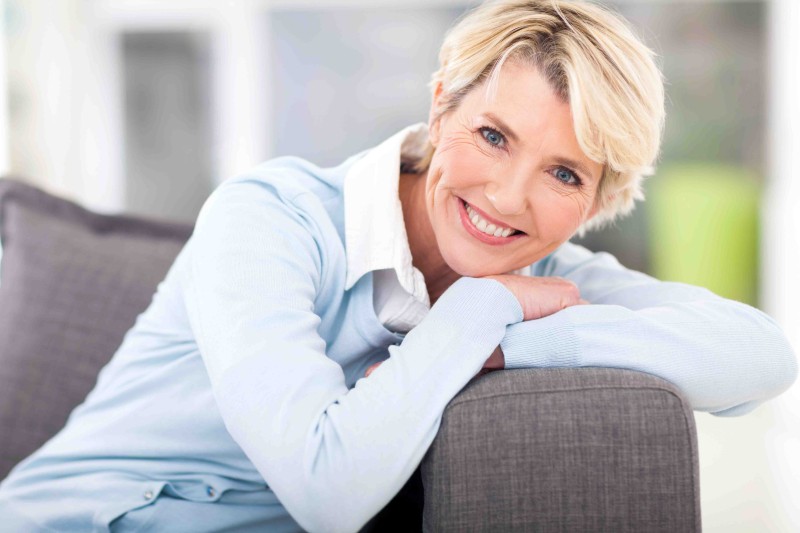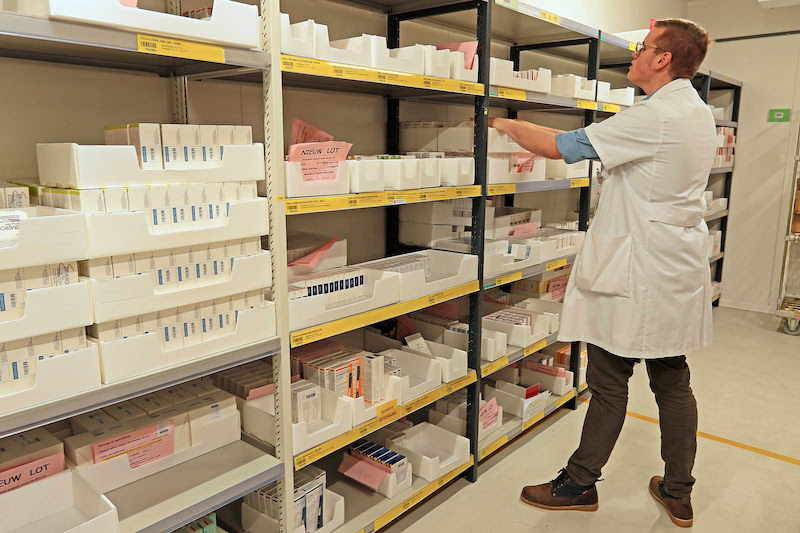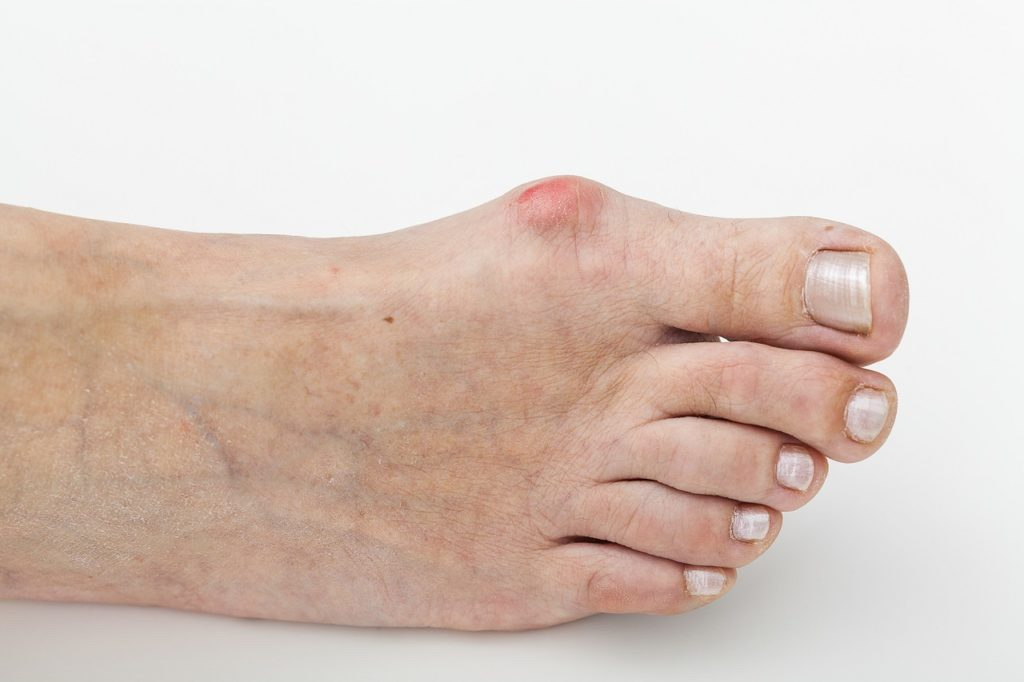
Physical and psychological changes during menopause
Menopause is nothing but a hormonal deficiency. The absence of estrogen production is one of the main causes of the physical changes in menopause suffered by women during this period.
Loss of fertility , cardiovascular alterations and bone osteoporosis are the main problems related to lack of hormone production. But it also contributes to pelvic floor weakening, resulting in genital atrophy or urinary incontinence. “There are one and a half million women who suffer from this symptoms at this stage, but only one in four visit their doctor for advice,” says Dr. Gema García, gynecologist responsible for the gynecology Unit at Quirón Hospital in Madrid.
Dr. García also adds; a weakened pelvic floor directly affects the life quality of women, causing, among other things, loss of urine. “29% of women over 45 suffer from urinary incontinence, a figure that reaches 48% amongst women over 65, that is, one in two.”
Menopause: physical and psychological disorders
Dr. Alicia Jiménez, psychologist and expert collaborator with centradaenti explains: “A woman’s attitude towards menopause directly influences how they will afront it . For example, we know that mood disorders suffered by women during this period are associated, besides hormonal changes, to psychological and environmental aspects such as fear of aging, social or couple difficulties.
In addition, Dr. Jiménez points out that it is essential “a better attitude and knowledge about what menopause is, is essential to avoid the appearance of symptoms that may never actually come”
The usual psychological disorders are: decreased self-esteem (mainly due to physical changes), insomnia, irritability, anxiety, bad mood, decreased sexual desire, etc.
Regarding physical disorders: Dry skin, loss of skin colour, reduced breast volume, vaginal dryness, genital atrophy, increased body fat, etc.
Take care of yourself, you deserve it
Ovaries not only guarantee fertility, women are “estrogen dependent”, endocrinological substances that provide them with more functions than that of procreating, these substances are able to increase the so-called good cholesterol, protect the bone mass, regulate body temperature and protect women at the nervous system level.
Dr. García recommends having healthy habits, “whenever you can and you are not feeling any discomfort it is recommended to avoid taking any medications, even so it is necessary to have yearly gynecological and general checkups, to know the state of our health and If necessary change our daily habits accordingly, only then will we be able to prevent or delay the changes that come with menopause. “
Healthy diet, regular exercise and healthy life habits. These are the key recommendations Dr. García gives to face menopause: “we need a calcium rich diet, we must take 1 gram of calcium a day to protect our bones, approximately two glasses of milk and a yogurt daily, also we do not have to forget about other meals, a Mediterranean diet is ideal and healthy. “
Treatments
However, a healthy lifestyle is not always enough. when a situation of greater severity is faced, hormonal therapy is one of the options proposed by Dr. García, “when the discomfort is constant and women quality of life decreases a treatment of hormone therapy, it is safe when supervised in low doses”. Although there are also non-hormonal treatments; phytoestrogens and soy supplements are an effective alternative for mild hot flashes.
In terms of genital atrophy there are plastic rings, estrogens and vaginal tablets, which provide a positive result. “intimate health is vital to achieve a good and healthy sexual life” says Dr. García.




